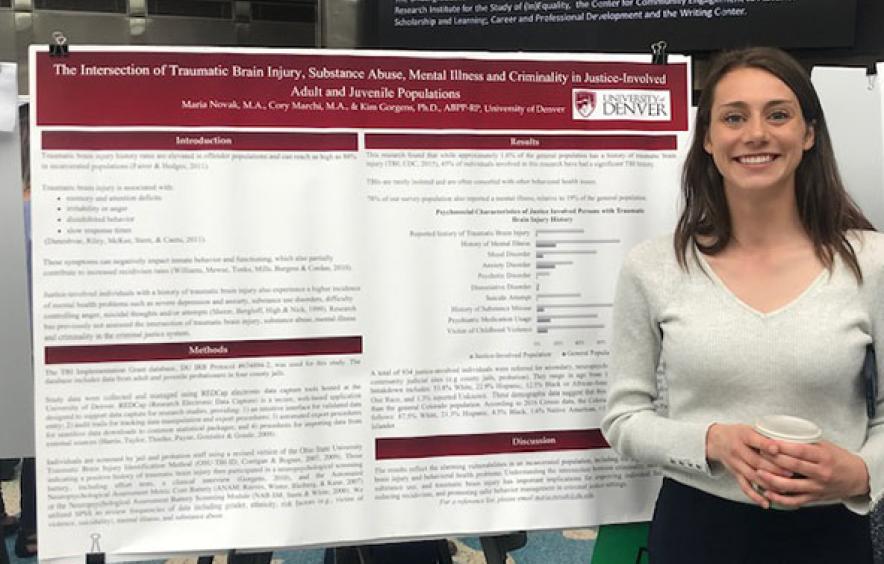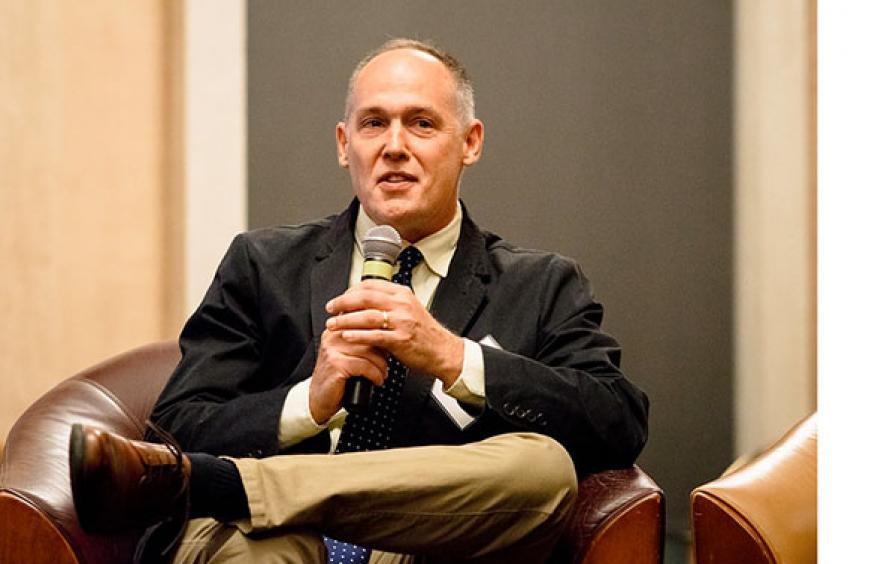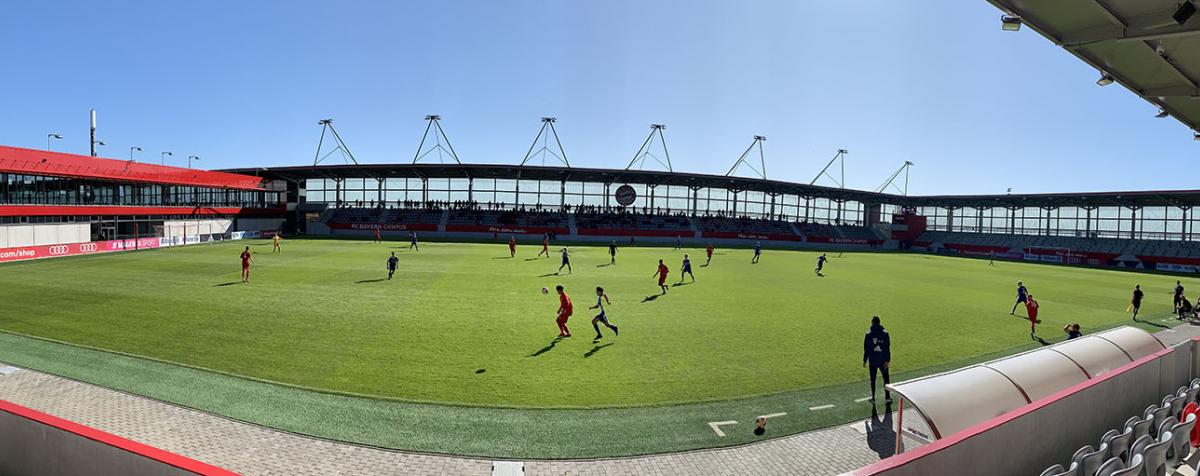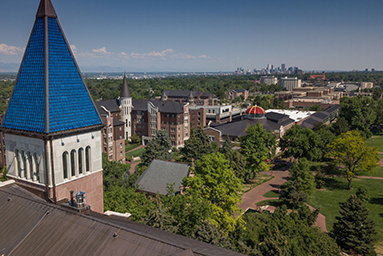Projects
Researching New Pathways
Our faculty and students undertake research projects that explore the psychology around society's most pressing challenges, seeking to change the conversation and culture surrounding mental health.
Explore our current projects, and learn about how we're working to understand and serve our communities.

Traumatic Brain Injury in Criminal Justice
Inmates living with traumatic brain injury (TBI) are an understudied, vulnerable population, and are overrepresented in correctional facilities. TBI has been linked to poor impulse control, aggressive behaviors, deficits in attention span, and higher risks for substance use disorders. Symptoms often negatively impact behavior within corrections and contribute to increased recidivism rates. The prevalence of TBI within corrections is very high; although rates vary among sites, our pilot data from the Denver County Jail Mental Health Transition Unit suggests that up to 96% of those inmates have a history of at least one complicated TBI.
GSPP is working with 28 justice sites from jails to specialty courts and Division of Youth Corrections with plans to expand throughout the Department of Corrections as well. Our primary goals are to screen for identification of individuals with TBI, build a trained TBI workforce (including mental health and neuropsychological assessment service delivery), provide information about TBI to families and make referrals to appropriate service providers, and facilitate access to needed services. Secondarily, we are able to embed unique service learning opportunities into psychology graduate training at GSPP and have also created more than 30 field placement and work-study positions for students.
Learn More
The College Gateway Program
Red Rocks Community College
Through our Forensic Psychology program and Denver FIRST, our students have the opportunity to work with participants in Red Rocks Community College's Gateway program, a reentry program for returning citizens from across Colorado. It provides a supportive, prosocial environment for returning citizens interested in furthering their education and enhancing their return to the community. The Gateway model is very successful and is becoming a recognized model for reentry services. Neil and Debbie Gowensmith, along with their research team, work with the participants at Gateway to explore the ingredients of success through qualitative and quantitative methods. The use of photo voice methodology has been especially powerful, as Gateway participants show through photographs their journeys as returning citizens.



